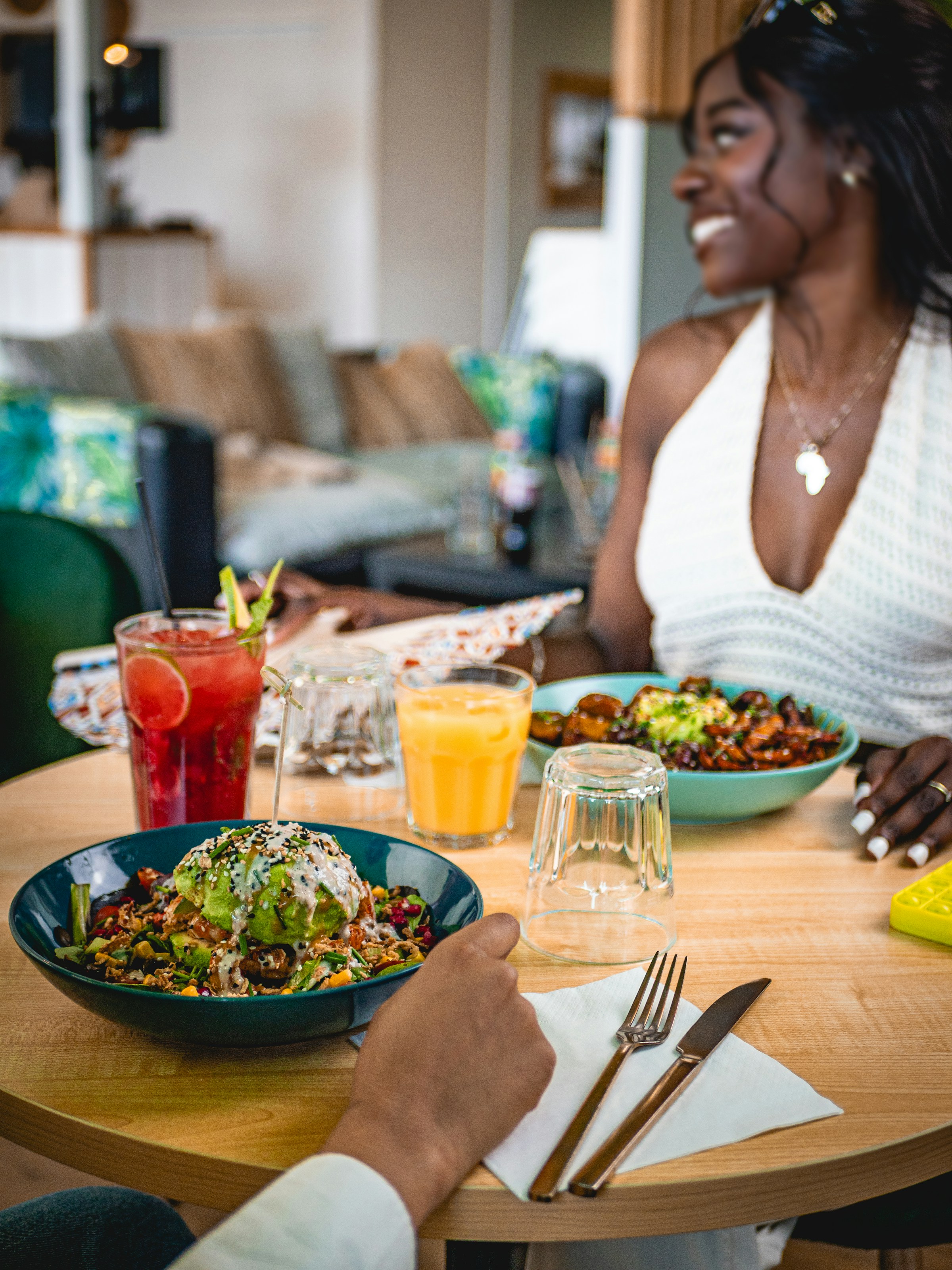Healthy Drinks for Chronic Kidney Disease (CKD)

Description
Chronic Kidney Disease (CKD) is a progressive condition that affects the kidneys' ability to filter waste, toxins, and excess fluids from the body. As kidney function declines, the body struggles to maintain proper fluid, electrolyte, and waste balance, which is why diet and hydration become key parts of managing CKD.
While most people focus on food choices, what you drink matters just as much. Certain beverages can support kidney health, while others may contribute to complications like fluid overload, high potassium levels, or phosphorus buildup.
In this guide, we’ll explore the best drinks for CKD and what to avoid—so you can stay hydrated without putting extra stress on your kidneys.
Best Drinks for People with Chronic Kidney Disease
1. Water
Water is the number one drink for people with CKD—especially in early stages, or if you're not on a fluid restriction. It helps flush waste from the bloodstream and supports healthy kidney function.
- Aim for 6–8 glasses per day unless your doctor has told you to restrict fluid.
- Spread your water intake evenly throughout the day.
2. Low-Potassium Fruit Juices
While fruit is rich in nutrients, some juices are high in potassium—a mineral that CKD patients often need to limit.
Good options include:
- Apple juice
- Cranberry juice
- Grape juice
Avoid orange juice, prune juice, and tomato juice if you're on a low-potassium diet.
3. Herbal Teas
Herbal teas like chamomile, peppermint, and ginger are naturally caffeine-free and gentle on the kidneys. They may also offer benefits like reduced inflammation or improved digestion.
- Avoid teas made from black or green tea leaves (these are higher in oxalates and caffeine).
- Choose non-licorice-based herbal teas, as licorice can raise blood pressure.
4. Low-Sodium Broths
Low-sodium chicken or vegetable broths can be hydrating and warming, especially when you're managing appetite or nausea. They're also useful for adding flavour to meals.
- Choose broths labeled “low-sodium” or “no added salt.”
- Be cautious if you are on a fluid-restricted diet or a low-potassium plan (some broths may be high in potassium).
5. Low-Phosphorus and Low-Protein Milk Alternatives
Traditional dairy can be high in phosphorus and protein, which may not be ideal for people with CKD.
Kidney-friendly milk alternatives include:
- Almond milk
- Oat milk
- Soy milk (in small quantities)
Always choose unsweetened and fortified versions with low phosphorus additives. Speak with your dietitian to see what’s right for your stage of CKD.
What to Avoid or Limit
When managing CKD, it’s important to avoid beverages that can worsen symptoms or interfere with kidney function:
- Soda and cola drinks – High in phosphorus (especially cola), caffeine, and sugar
- Orange juice and banana smoothies – Very high in potassium
- Sports drinks and energy drinks – Often loaded with sodium and potassium
- Alcohol – Can increase dehydration and interact with medications
- High-protein shakes – May not be suitable, depending on your stage of CKD
Individual Needs Vary—Consult a CKD Dietitian
Every person with chronic kidney disease has different needs depending on their CKD stage, blood test results, and comorbidities (like diabetes or high blood pressure). Always check with your nephrologist or renal dietitian before making significant dietary changes.
Summary: Smart Hydration for Kidney Health
For people living with CKD, hydration is essential—but it must be managed wisely. Stick with kidney-friendly fluids like:
- Water
- Low-potassium fruit juices
- Herbal teas
- Low-sodium broths
- Plant-based, low-phosphorus milk alternatives
Avoid drinks that are high in potassium, phosphorus, sodium, or added sugars, and speak with a dietitian to tailor your fluid choices to your personal health.
Ready for Personalised Support?
If you’re living with chronic kidney disease and feeling unsure about what to drink or eat, you don’t have to figure it out alone. Our renal dietitians can help you create a personalized hydration and nutrition plan that supports your kidney health—wherever you’re at in your journey.
👉 Book a One-on-One Consultation Now
We're here to guide you with expert advice, compassion, and support.


